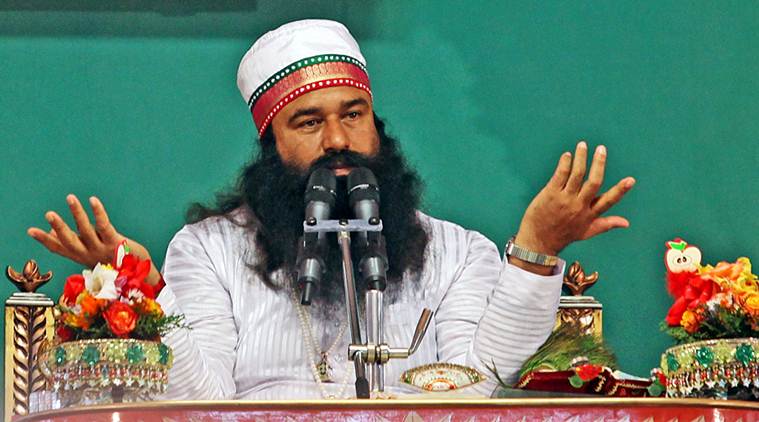Kaunain Sheriff M is an award-winning investigative journalist and the National Health Editor at The Indian Express. He is the author of Johnson & Johnson Files: The Indian Secrets of a Global Giant, an investigation into one of the world’s most powerful pharmaceutical companies. With over a decade of experience, Kaunain brings deep expertise in three areas of investigative journalism: law, health, and data. He currently leads The Indian Express newsroom’s in-depth coverage of health. His work has earned some of the most prestigious honours in journalism, including the Ramnath Goenka Award for Excellence in Journalism, the Society of Publishers in Asia (SOPA) Award, and the Mumbai Press Club’s Red Ink Award. Kaunain has also collaborated on major global investigations. He was part of the Implant Files project with the International Consortium of Investigative Journalists (ICIJ), which exposed malpractices in the medical device industry across the world. He also contributed to an international investigation that uncovered how a Chinese big-data firm was monitoring thousands of prominent Indian individuals and institutions in real time. Over the years, he has reported on several high-profile criminal trials, including the Hashimpura massacre, the 2G spectrum scam, and the coal block allocation case. Within The Indian Express, he has been honoured three times with the Indian Express Excellence Award for his investigations—on the anti-Sikh riots, the Vyapam exam scam, and the abuse of the National Security Act in Uttar Pradesh. ... Read More
Explained: Ram Rahim applies for parole; what this means
Release of a convict while serving his or her sentence. Why is it granted, what are the conditions to fulfil?
 Gurmeet Ram Rahim Singh (Express photo by Jaipal Singh)
Gurmeet Ram Rahim Singh (Express photo by Jaipal Singh)
Gurmeet Ram Rahim Singh, the Dera Sacha Sauda chief convicted of rape and murder, has applied to the Haryana government for parole. Parole is a system of releasing a prisoner with suspension of the sentence. The release is conditional, usually subject to behaviour, and requires periodic reporting to the authorities for a set period of time.
A broadly similar but subtly different concept is furlough, which is given in case of long-term imprisonment. While furlough is seen as a matter of right, to be granted periodically irrespective of any reason and merely to enable the prisoner to retain family and social ties, parole is not a matter of right and may be denied to a prisoner even when he makes out a sufficient case.
Parole is considered a reformative process, and the provision (along with furlough) was introduced with a view to humanising the prison system. In the US and Britain, every sentence above 18 months is eligible for parole, after completion of one-third of prison time. In India, parole and furlough are covered under the Prison Act of 1894. Prisoners convicted of multiple murders or under the Unlawful Activities Prevention Act are not eligible for parole.
Since prison is a subject of the state, the Prison Act of the particular state government defines the rules under which parole is granted. State governments have their own Prisoner Release on Parole Rules. For instance, in Rajasthan, initial parole is granted for 20 days; a second parole is for 30 days and a third for 40 days. Thereafter, the prisoner can apply for permanent parole.
Parole is granted by the state executive — the jail authorities submit the report to state government — and competent authority takes a final decision on grant of parole on humanitarian considerations. If parole is rejected, the convict can move the High Court challenging the order of the competent authority. Also, apart from regular parole, the superintendent of a jail can also grant parole up to a period of seven days in emergent cases. For instance, actor Sanjay Dutt was granted parole on medical grounds; and Santosh Kumar Singh, who is serving a life term for the 1996 rape and murder of law student Priyadarshini Mattoo, was granted three weeks’ parole to write his LLM examination. In recent times, one of the most high-profile cases of parole granted was that to former Pakistan Prime Minister Nawaz Sharif — for 12 hours for his wife’s funeral.



- 01
- 02
- 03
- 04
- 05




































